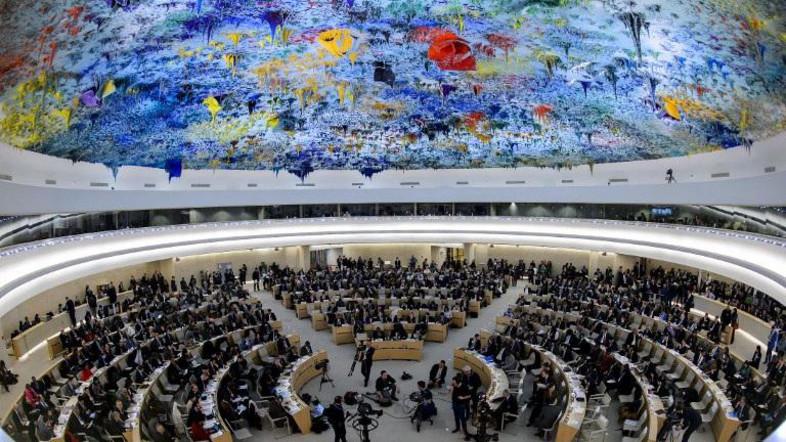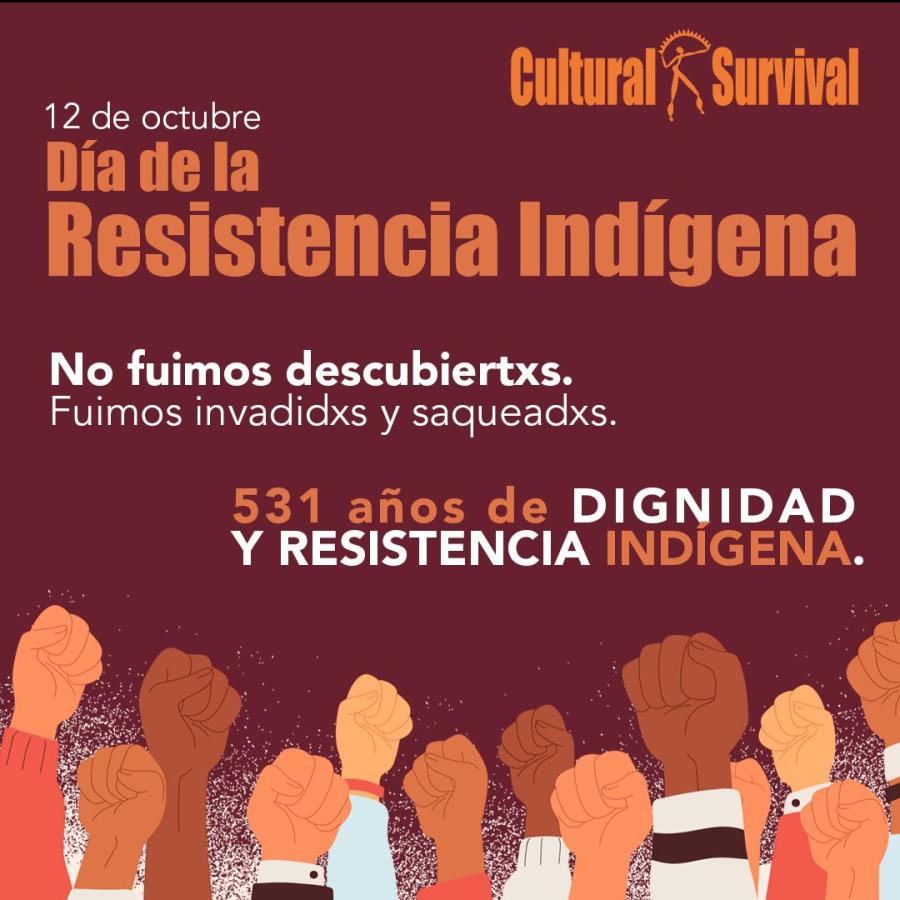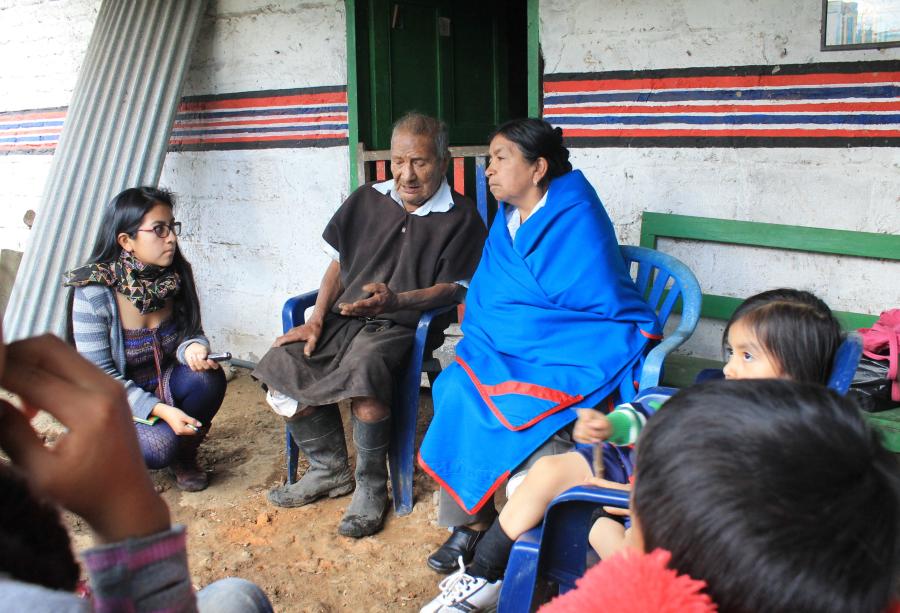
By Detmer Kremer
On September 13-21, 2016, the United Nations Human Rights Council (HRC) met for its 33rd session. The Human Rights Council is an inter-governmental body within the United Nations system made up of 47 States responsible for the promotion and protection of all human rights around the globe. During the time dedicated to the rights of Indigenous Peoples at the session, Mexico and Guatemala took charge on the adoption of three different resolutions. One on the mandate of the Special Rapporteur on the Rights of Indigenous Peoples (SRRIP), one on the thematic studies presented by the Expert Mechanism on the Rights of Indigenous Peoples (EMRIP) and the final resolution concerns the EMRIP mandate as defined by the World Conference of Indigenous Peoples (WCIP). The meeting also specifically addressed the experience of Indigenous women with disabilities. Adam Abdelmoula, the director of the HRC and the Treaty Mechanisms Division, emphasized how gender-based oppression, ability-based oppression, and anti-Indigenous oppression produce particular experiences demanding an intersectional approach. Victoria Tauli-Corpuz, the current SRRIP, stressed that “the time has come to integrate more Indigenous women and girls by facilitating their participation in the decision-making processes.” The Indian Resource Law Centre (IRLC) informed the meeting that 90% of Indigenous victims of sexual violence reported that said violence was committed by non-Indigenous persons, and thus that any sustainable change must recognize intercultural inequality. Lastly, the meeting also encouraged the inclusion of Indigenous knowledge and healthcare concerning disabilities of all sorts and experiences.
The member states of the Council extended the mandate of the SRRIP to a period of three years. Additionally the adopted resolution emphasizes that the SRRIP examines the ways and means of overcoming existing obstacles to ensure the full effective protection of the rights of Indigenous Peoples, and to gather and exchange all relevant information between governments, Indigenous Peoples, and their communities and organizations, on alleged violations and abuses of Indigenous human rights. The SRRIP also works to formulate recommendations and proposals to prevent and remedy Indigenous human rights violations and abuses. Lastly, the SRRIP was asked to “pay special attention to the human rights and fundamental freedoms of Indigenous children and women,” and to take in account the variety of Indigenous experiences in her work.
The thematic studies presented by EMRIP, similar to the theme of the session, focused on the right to health and the experiences of Indigenous communities that require particular attention in regards to the needs of Indigenous women, children, youth, elders, and persons with disabilities. The reports stressed the importance of traditional knowledge and health practices, and that any intercultural approaches must be sensitive to historical and cultural nuances. The reports specifically called to intensify efforts to prevent and eliminate gender-based violence as set out in the United Nations Declaration on the Rights of Indigenous Peoples (UNDRIP), and the Outcome Document of the World Conference on Indigenous Peoples. EMRIP encouraged member states to continue to participate in and contribute to its discussions, and asked member states to give due consideration to fulfill the commitments undertaken in the 2030 Agenda for Sustainable Development and other international and national programs and plans.
The final resolution sought to implement the recommendations and definitions concerning the EMRIP mandate as suggested by the WCIP in order to achieve the ends of UNDRIP through the promotion, protection, and fulfilment of the rights of Indigenous Peoples. The session agreed that EMRIP will prepare an annual global study on the status on the rights of Indigenous Peoples, which will include suggestions from member states and Indigenous Peoples, and that EMRIP will report to the Human Rights Council at least once a year. This presentation shall be open to the participation of member states, United Nations mechanisms, stakeholders, and all Indigenous Peoples and their communities and organizations. EMRIP will consist of seven independent experts, each representing one of the seven Indigenous sociocultural regions. This process will follow the procedure and criteria for nominating, selecting, and appointing mandate holders.
For more information regarding the general notes of the meeting and the precise language and other components, please read more here.



